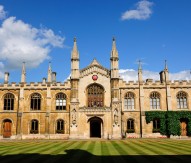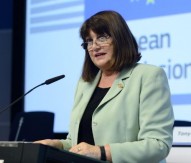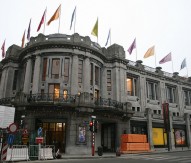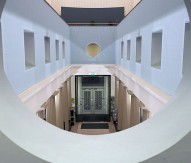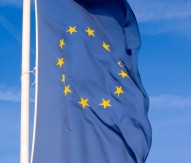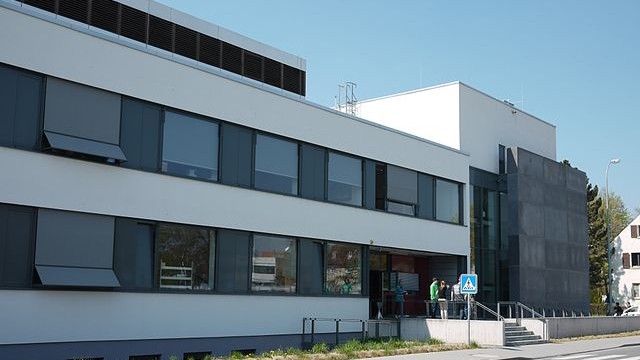
ERC grant for quantum simulations
A researcher at Johannes Gutenberg University Mainz (JGU), Germany, has been awarded funding from the European Research Council (ERC) to support his work on quantum simulations with ultracold atoms and ions.
Rene Gerritsma received the €1.5m ERC Starting Grant for his ‘Hybrid Atom-Ion Quantum Systems’ project. The investigations aims to study the properties of solids by using a quantum simulator based on a hybrid system of cold ions interacting with a degenerate Fermi gas.
Gerritsma plans to use ytterbium ion crystals (simulating the ionic core lattice) and an ultracold gas of lithium atoms (simulating an electronic Fermi gas). By letting the atoms and ions interact in a controlled manner, this model system may provide a deeper insight into the properties of solids and a route towards new quantum simulators of electron-lattice interactions. For the first time, the focus will be on venturing deep into the ultracold regime of atom-ion interactions, where quantum mechanical effects dominate. Tools originally developed for implementing quantum information processing make it possible to employ ions as sensors to probe the properties of the quantum simulator and these tools could even be used to detect individual atoms.
The ERC Starting Grant will give the researcher the opportunity to establish his own research group. Gerritsma’s experimental research in the QUANTUM work group is supported by his collaboration with theoretical physicist Professor Walter Hoffstetter of the Goethe University in Frankfurt and the Transregional Collaborative Research Center 49 on ‘Condensed Matter Systems with Variable Many-Body Interactions.’
